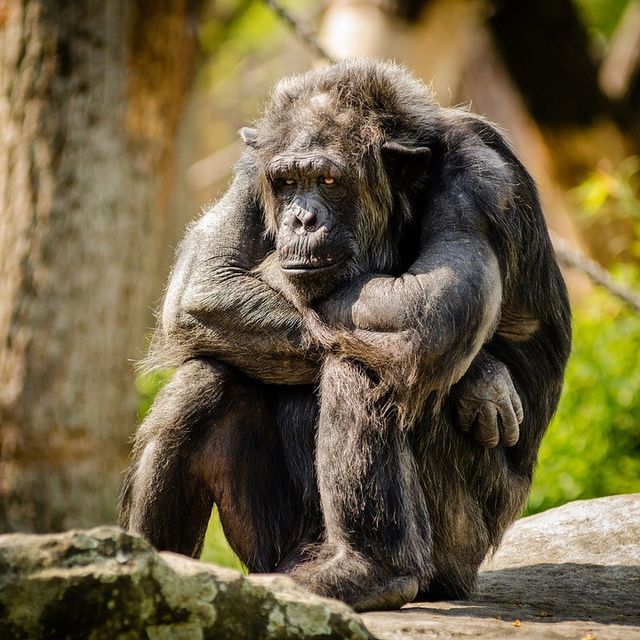
We wouldn't accept such bad behaviour in the workplace, so why do we accept it on reality TV?
Recently while watching previews for a reality TV show I was astounded at the appalling behaviour of the contestants. From name-calling to out-and-out bullying. Perhaps it’s because I’ve spent years working in recruitment, talking about company policies and human resources issues, but I was shocked that this behavior was being promoted as entertainment.
We wouldn’t accept this kind of behaviour in the workplace, yet here it is – on our TVs, in our living rooms, being watched by our kids – night after night. At a time when workplace harassment, online bullying and sexual harassment and assault are in the news more than ever, are these sorts of shows really setting the best example? Should we really be applauding and lionizing the behavior of Gordon Ramsay on Kitchen Nightmares or Simon Cowell on American Idol?
As this article states, it seems bullying is bad when kids do it at school, but it’s perfectly OK when adults do it in front of a TV camera.
There’s a fundamental irony here. While the hosts of breakfast television shows are outraged about the bullying occurring in schools, playgrounds and on social media, their employer is condoning it in shows shown later that night. Talk about double standards.
Which begs the question, could reality TV producers be sued by contestants in the future for the harassment or bullying experienced in the name of entertainment?
Why not? We’ve seen it in other forms of entertainment.
Shouldn’t television show contestants be covered under the same workplace laws as you and I? Why is it OK to belittle, name call, mock and yell at contestants in the name of entertainment?
I am sure the contract that contestants sign is watertight. And we’ve all seen enough of reality TV over the past couple of decades to know that these shows are a case of “enter at your own risk”, so contestants should be aware of the show’s script, approach and content. However, the effects of bullying and harassment can last well beyond the point when the cameras stop rolling. Reactions and responses to adverse situations impact people differently. With the government’s commitment to preventing bullying in workplaces, online and in schools, what is to stop laws changing and applying them retrospectively?
Employees are covered by legislation, businesses have policies on harassment and bullying and social media companies are finally taking a stronger stance. Governments at all levels are establishing numerous online and in-person support services. Perhaps if we can get reality television on track, the message will be consistent at all levels of our society?
What are your thoughts on this topic? Email our HR Consulting team, we’d love to hear from you. Interested in our services?